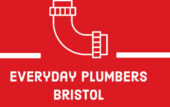Is it Safe to Drink Tap Water in Bristol?
When it comes to staying hydrated and maintaining good health, one of the most fundamental questions is whether it’s safe to drink tap water in your area. In Bristol, a city known for its rich history and vibrant culture, residents and visitors alike often wonder about the quality of the tap water. Plumber Bristol will explore the safety of tap water in Bristol, examining the factors that contribute to its quality and addressing common concerns.
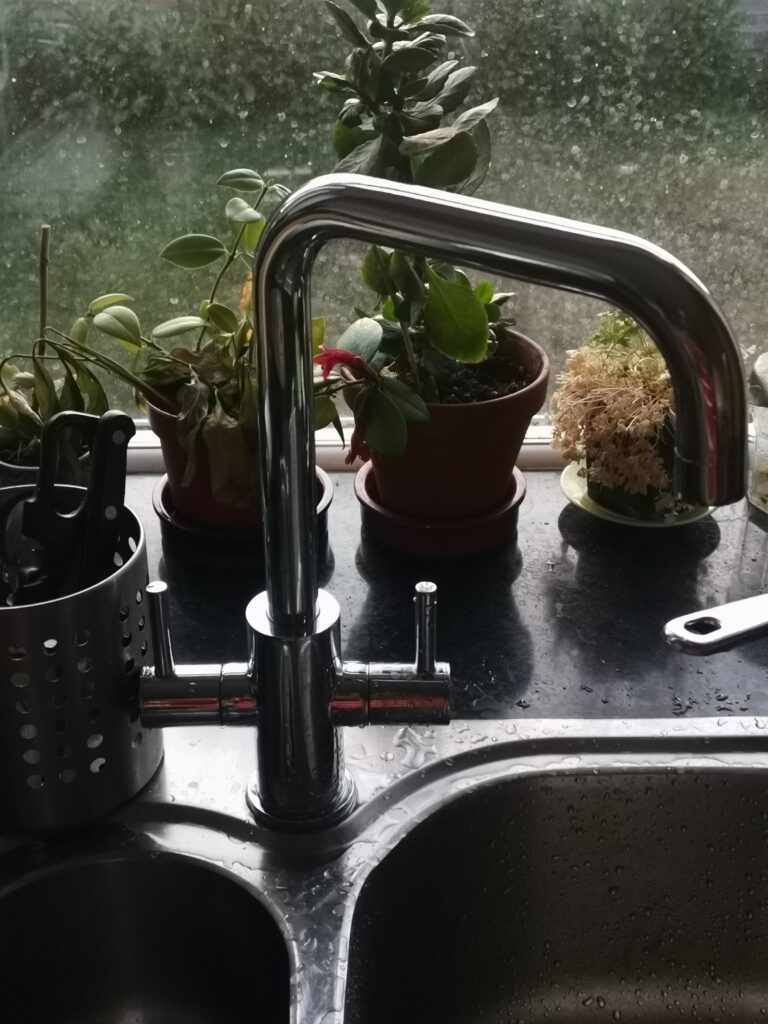
Bristol’s Water Supply
Before delving into the safety of tap water in Bristol, it’s essential to understand the source and treatment of the city’s water supply.
The Source of Bristol’s Tap Water
River Severn
The primary source of tap water in Bristol is the River Severn, the longest river in the United Kingdom. The water is extracted, treated, and distributed to households through an intricate system of pipelines and reservoirs.
The Water Treatment Process
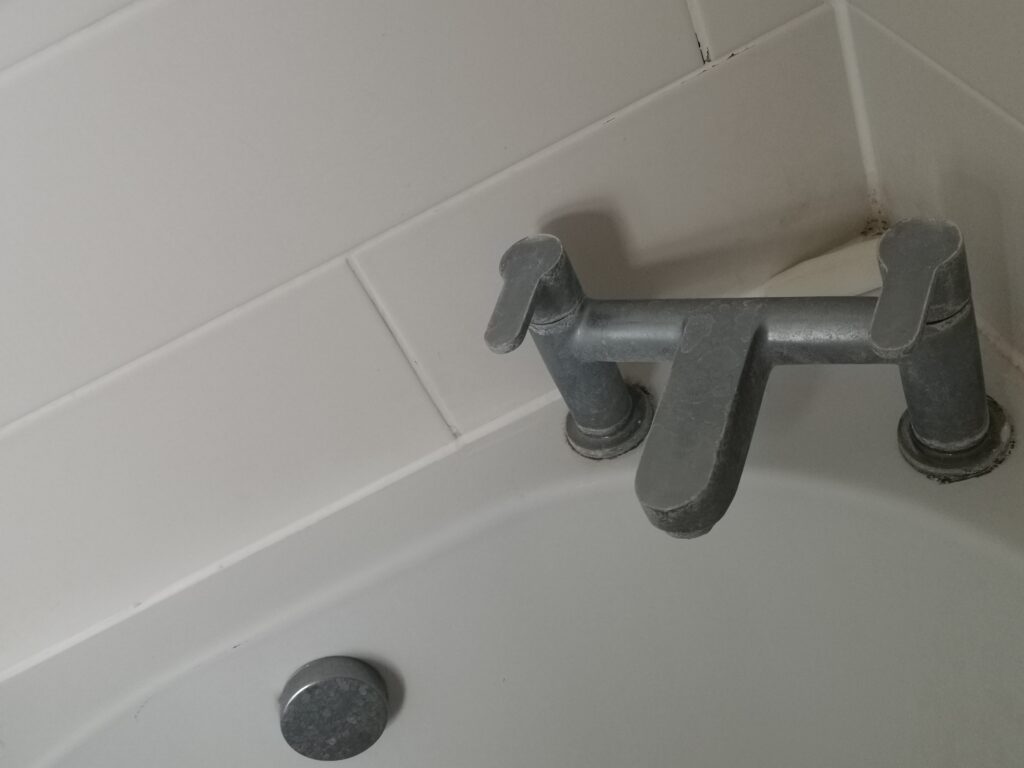
Tap Water Treatment Plants
Bristol boasts modern water treatment plants equipped with advanced filtration and purification systems. These plants are responsible for removing impurities and ensuring the water meets stringent safety standards.
Chlorination of Tap Water
Chlorine is added to the water as a disinfectant to kill harmful bacteria and pathogens. This is a common practice in water treatment worldwide.
Water Quality Testing
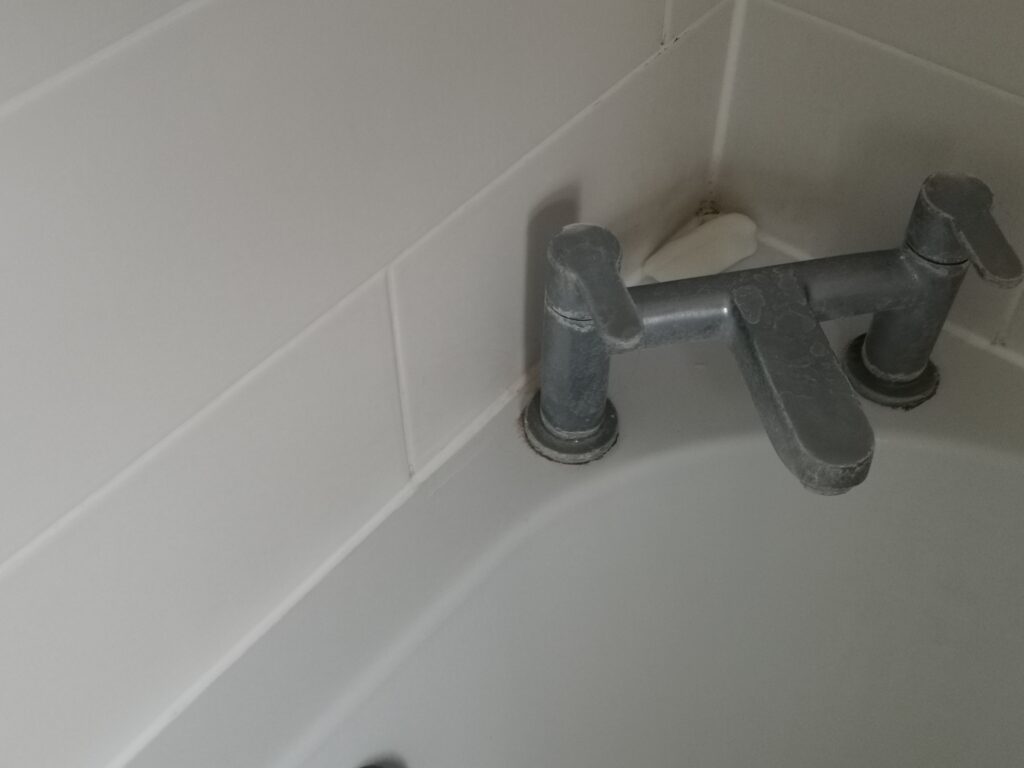
Water quality is an essential aspect of public health and environmental sustainability. In Bristol, a city known for its vibrant culture and historic landmarks, ensuring clean and safe Tap Water for all residents is a top priority. This article delves into the importance of water quality testing in Bristol, exploring the methods, standards, and benefits associated with this crucial practice.
Rigorous Testing
To ensure the safety of tap water in Bristol, regular and rigorous testing is conducted. The water undergoes extensive examinations to detect any potential contaminants.
Compliance with Regulations
Bristol’s tap water quality is subject to strict regulations set by the Drinking Water Inspectorate (DWI) and the Environment Agency. It must meet or exceed these standards to be considered safe for consumption.
The Importance of Water Quality Testing
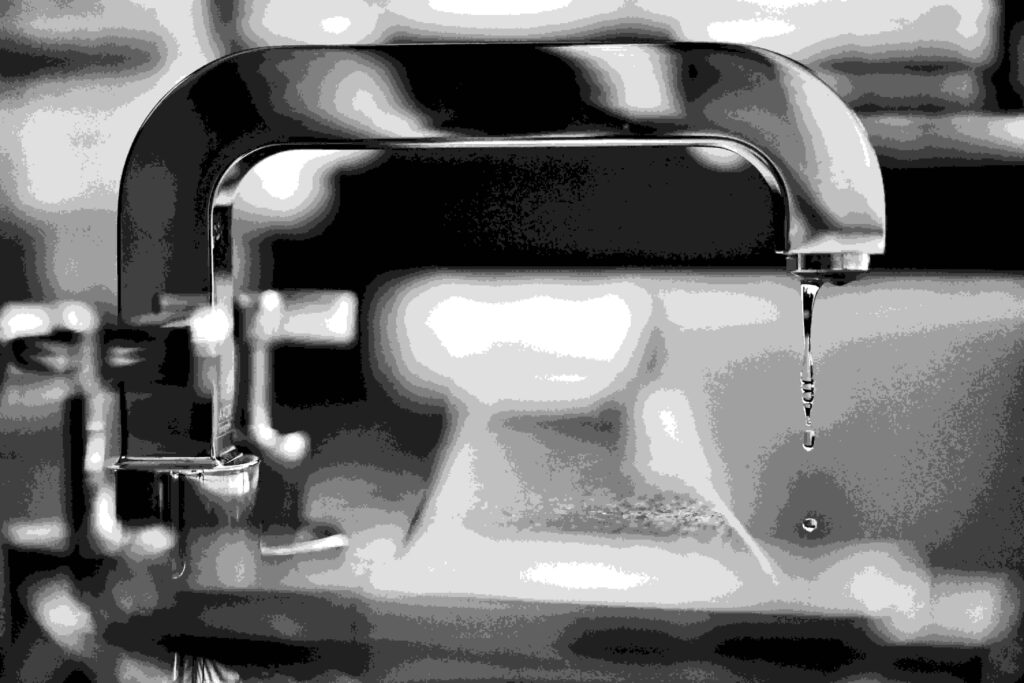
Water quality testing is vital for safeguarding public health. Contaminated Tap Water can lead to severe health issues, including gastrointestinal illnesses, reproductive problems, and neurological disorders. Testing ensures that water meets the safety standards set by regulatory bodies, providing peace of mind to consumers.
Historical Overview of Water Quality in Bristol
Bristol’s water quality has seen significant improvements over the years. In the past, industrial activities and inadequate waste management posed substantial risks to the city’s water sources. However, with advancements in technology and stricter regulations, water quality has drastically improved, ensuring safe and clean water for all residents.
Common Contaminants Found in Tap Water

Understanding the common contaminants in Tap Water helps in identifying and mitigating risks. These contaminants can be categorized into:
1. Biological Contaminants
- Bacteria and Viruses: Pathogens like E. coli and norovirus can cause severe illnesses.
- Protozoa: Organisms such as Giardia and Cryptosporidium can lead to gastrointestinal issues.
2. Chemical Contaminants
- Heavy Metals: Lead, arsenic, and mercury are toxic and can have long-term health effects.
- Pesticides and Herbicides: These can enter water sources through agricultural runoff.
3. Physical Water Contaminants
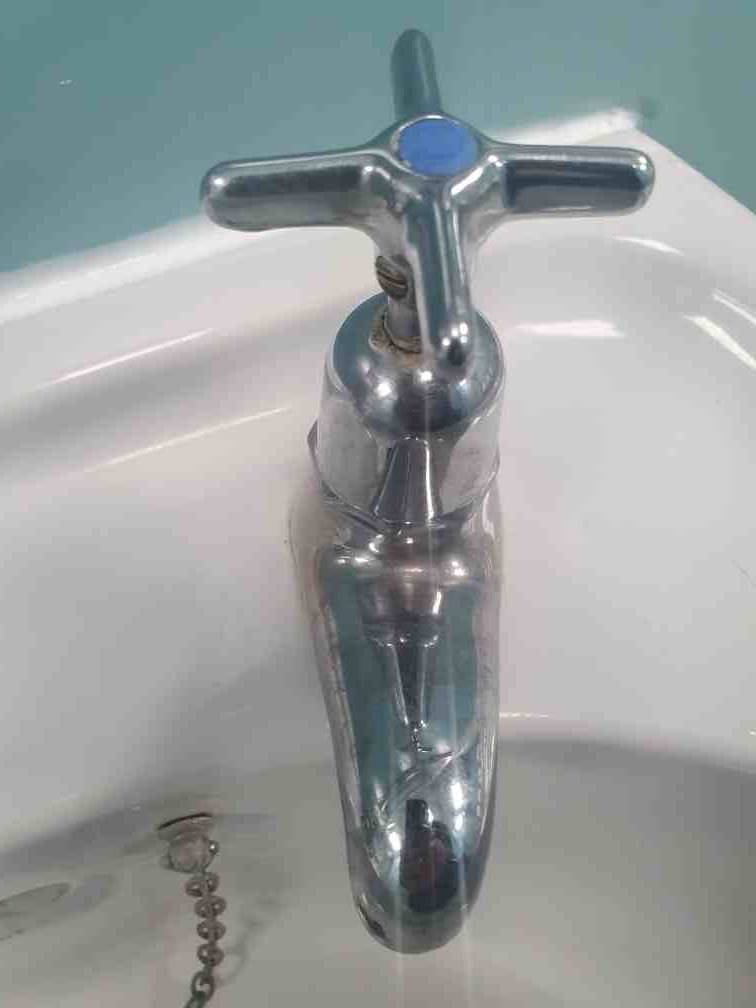
- Sediments: Particles of soil, silt, and sand can affect water clarity and quality.
- Organic Matter: Decaying plant and animal material can introduce contaminants.
Read what plumbers can do to improve the quality of your tap water.
Methods of Water Quality Testing
Several methods are employed to test water quality, each targeting different types of contaminants. These methods include:
1. Chemical Testing
- pH Testing: Measures the acidity or alkalinity of water.
- Chlorine Testing: Ensures proper disinfection levels.
2. Biological Tap Water Testing
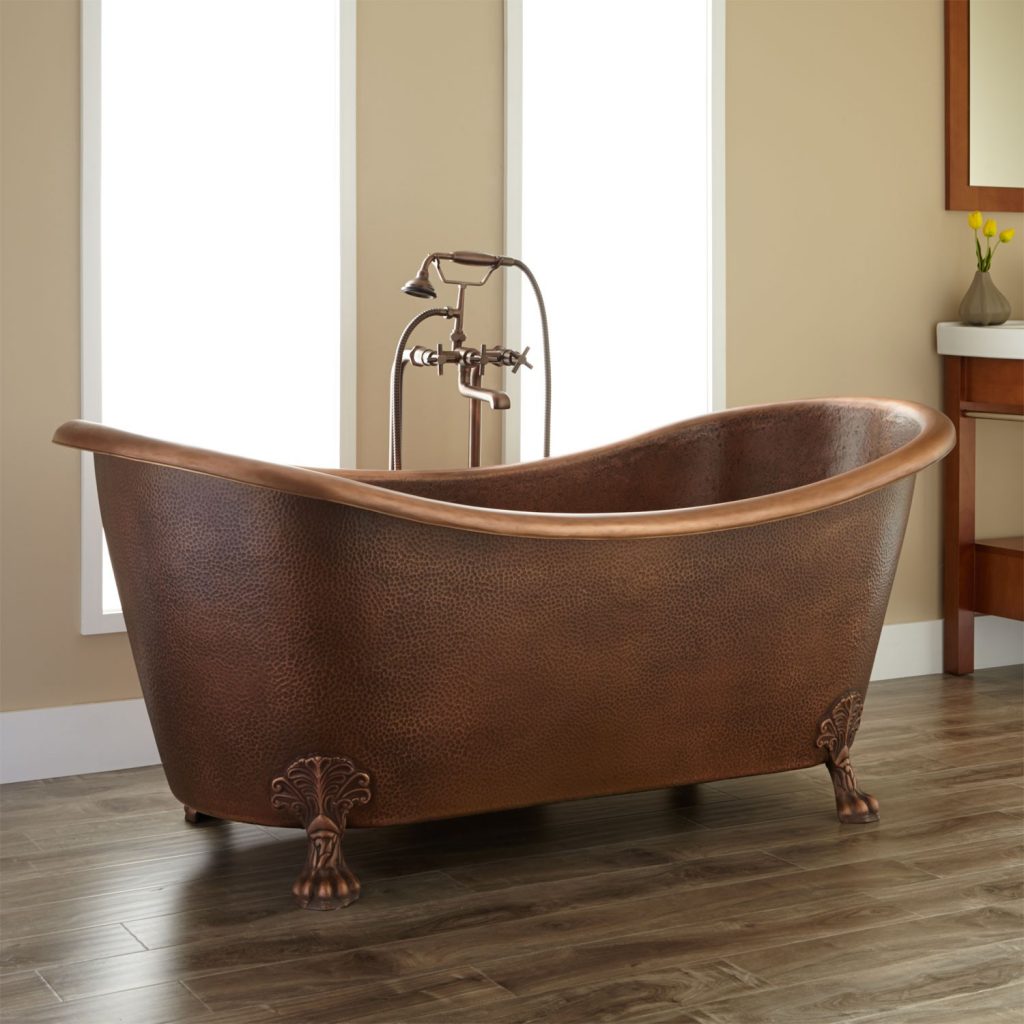
- Coliform Testing: Detects the presence of harmful bacteria.
- Microbial Testing: Identifies specific bacteria, viruses, and protozoa.
3. Physical Testing
- Turbidity Testing: Measures water clarity.
- Temperature Testing: Monitors Tap Water temperature to prevent thermal pollution.
Regulatory Standards for Water Quality
In the UK, water quality is regulated by strict standards to ensure safety and compliance. The Drinking Water Inspectorate (DWI) oversees the enforcement of these standards. Key regulations include:
1. Water Supply (Water Quality) Regulations
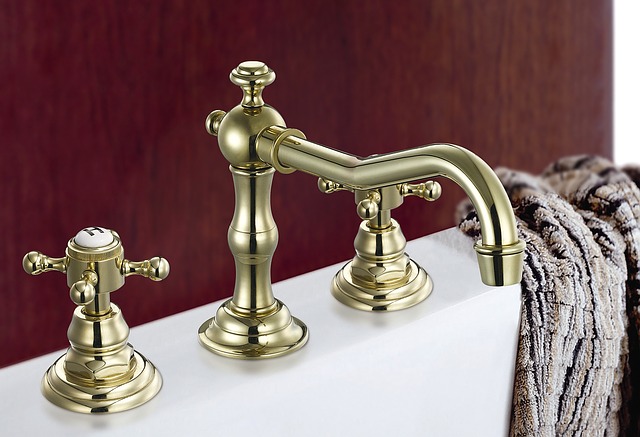
- Establishes maximum allowable levels for various contaminants.
- Requires regular monitoring and reporting.
2. Private Water Supplies Regulations
- Applies to non-public water sources, such as wells and boreholes.
- Ensures that private Tap Water supplies meet the same standards as public supplies.
Water Quality Testing Agencies in Bristol
Several agencies and laboratories provide water quality testing services in Bristol. These organizations play a crucial role in maintaining high water quality standards. Prominent agencies include:
1. Bristol Water
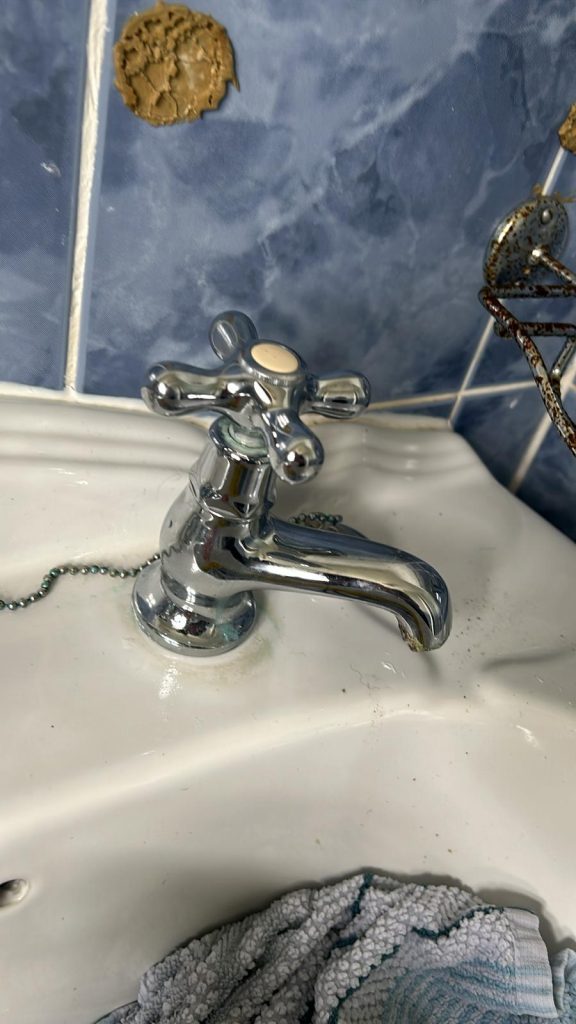
- Provides comprehensive water testing services.
- Ensures compliance with regulatory standards.
2. Wessex Water
- Conducts extensive water quality monitoring and testing.
- Offers solutions for both residential and commercial customers.
The Role of Technology in Tap Water Quality Testing
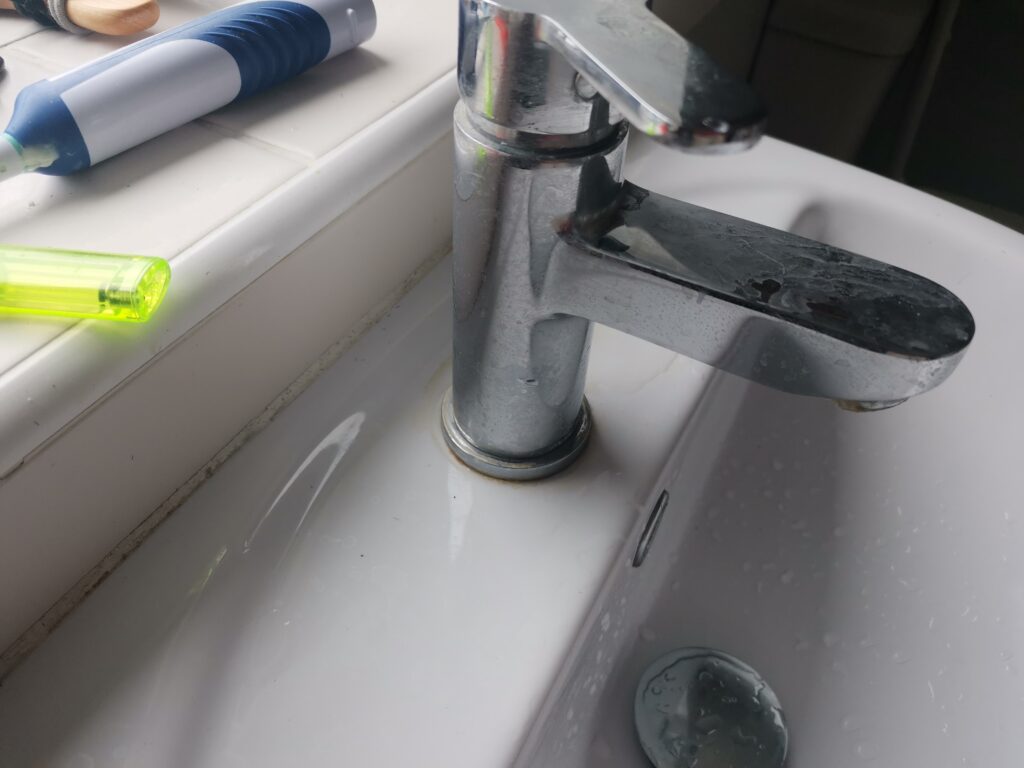
Technological advancements have revolutionized water quality testing, making it more accurate and efficient. Key technological innovations include:
1. Advanced Sensors and Detectors
- Real-time monitoring of water quality parameters.
- Early detection of contaminants.
2. Automated Testing Systems
- Reduces human error in testing.
- Enhances the speed and reliability of results.
3. Data Analytics and Reporting
- Provides comprehensive analysis of water quality data.
- Facilitates informed decision-making and proactive measures.
Benefits of Regular Tap Water Quality Testing
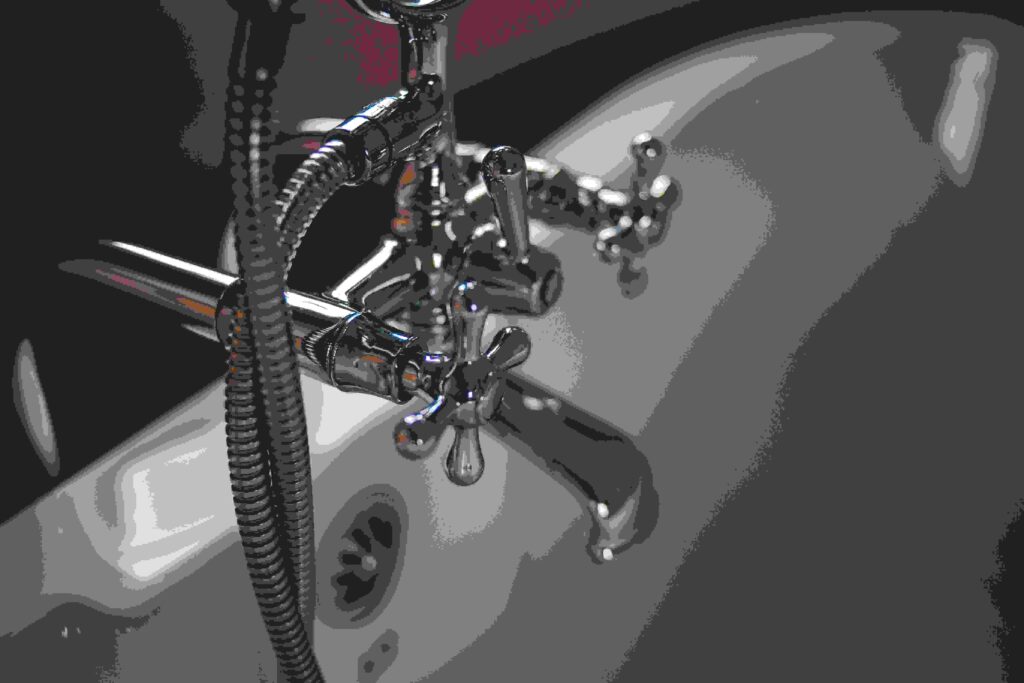
Regular water quality testing offers numerous benefits, including:
1. Health Protection
- Identifies and mitigates health risks from contaminated water.
- Ensures safe drinking water for all residents.
2. Environmental Preservation
- Detects and prevents pollution of Tap Water bodies.
- Supports sustainable water management practices.
3. Regulatory Compliance
- Ensures adherence to legal standards.
- Avoids penalties and legal issues.
Challenges in Water Quality Testing
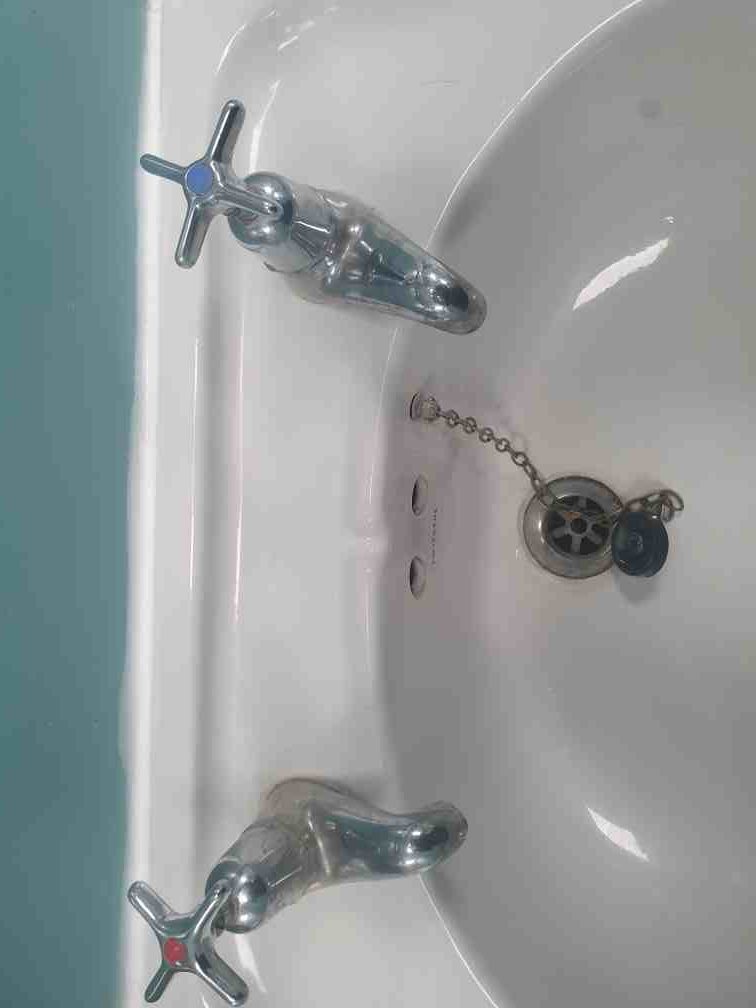
Despite its importance, water quality testing faces several challenges, such as:
1. Resource Constraints
- Limited funding and resources for comprehensive testing.
- High costs associated with advanced testing technologies.
2. Complex Tap Water Contaminants
- Emerging contaminants that are difficult to detect and treat.
- Variability in contaminant levels due to environmental factors.
3. Public Awareness
- Low public awareness about the importance of water quality.
- Need for educational campaigns to promote water testing.
Future Trends in Water Quality Testing
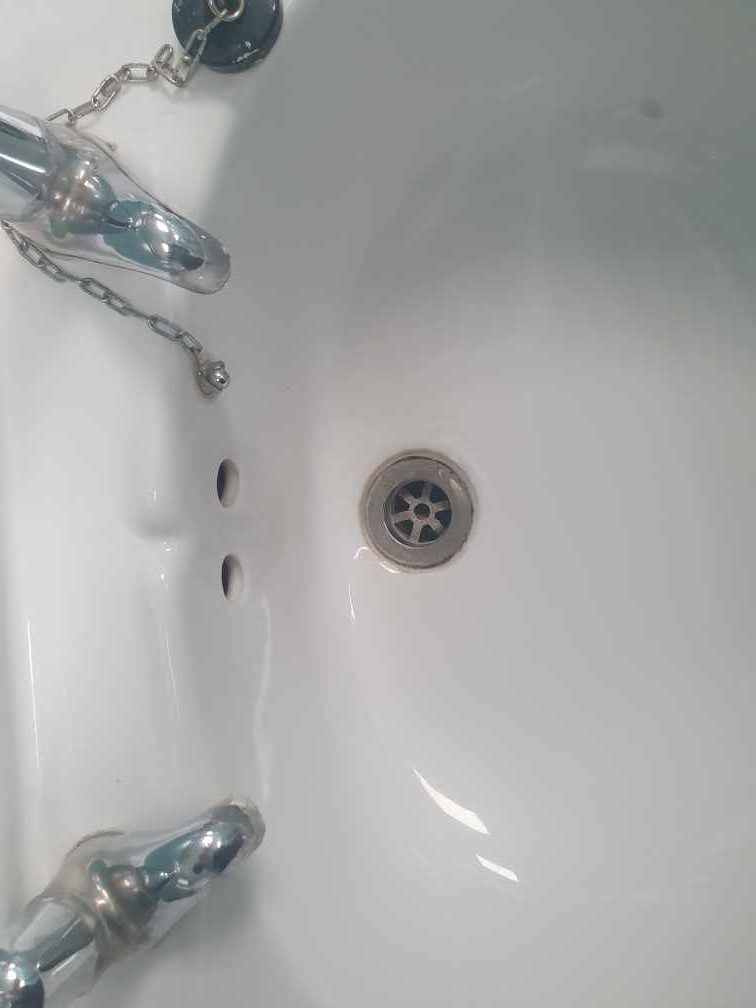
The future of water quality testing looks promising, with several trends poised to enhance its effectiveness:
1. Smart Tap Water Networks
- Integration of IoT devices for continuous monitoring.
- Enhanced data collection and analysis capabilities.
2. Genomic Testing
- Advanced microbial analysis using DNA sequencing.
- Better identification of pathogens and contaminants.
3. Sustainable Practices
- Eco-friendly testing methods and materials.
- Focus on reducing environmental impact.
How to Conduct Tap Water Quality Testing at Home
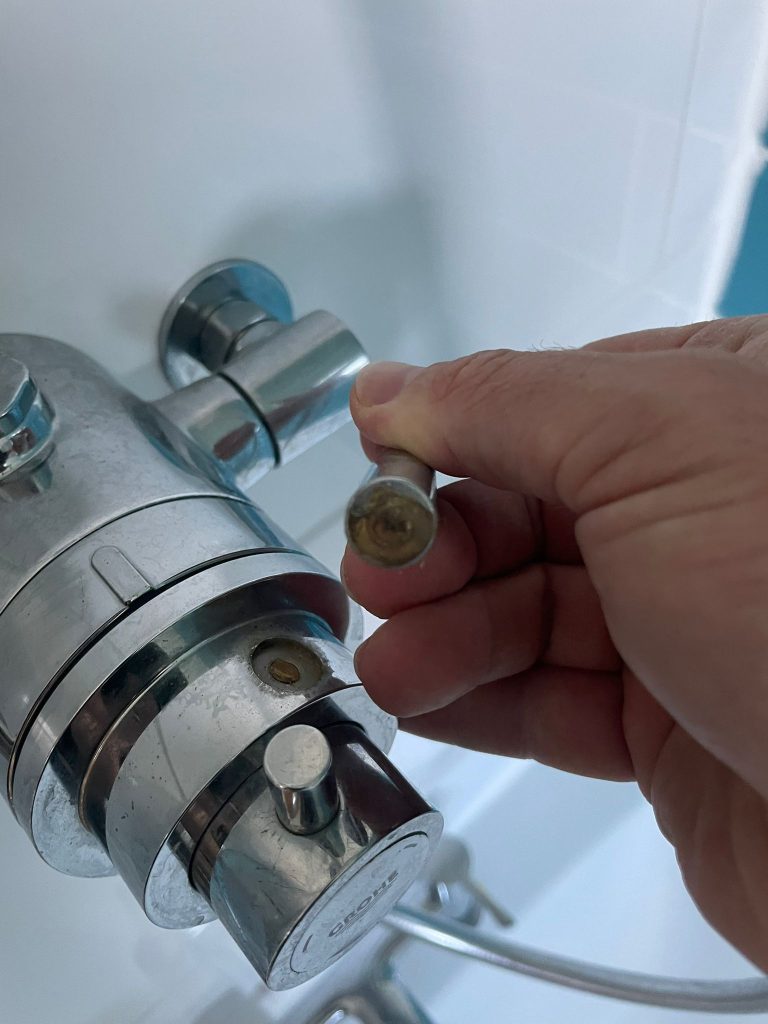
Residents can also conduct basic water quality testing at home using readily available kits. Here’s a simple guide:
1. Choose the Right Kit
- Select a kit that tests for multiple parameters.
- Ensure it meets regulatory standards.
2. Collect Water Samples
- Follow the instructions for sample collection.
- Use clean containers to avoid contamination.
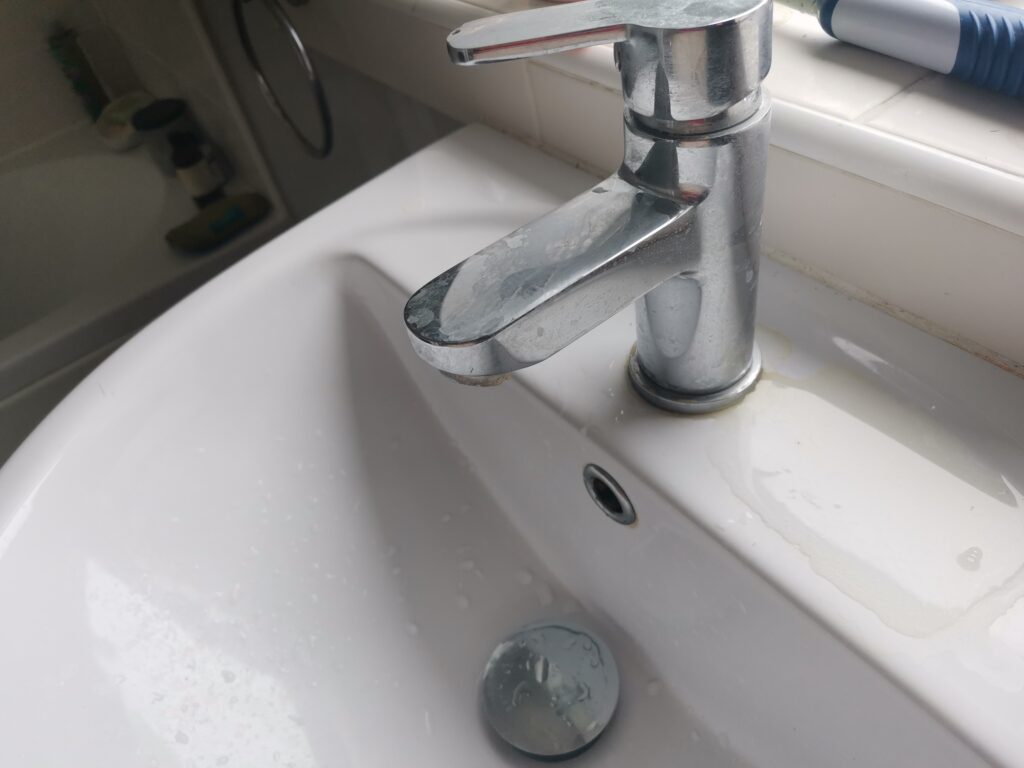
3. Perform the Tests
- Conduct tests according to the kit’s guidelines.
- Record the results for future reference.
4. Interpret the Results
- Compare results with standard limits.
- Seek professional advice if results indicate contamination.
Tap Water Quality
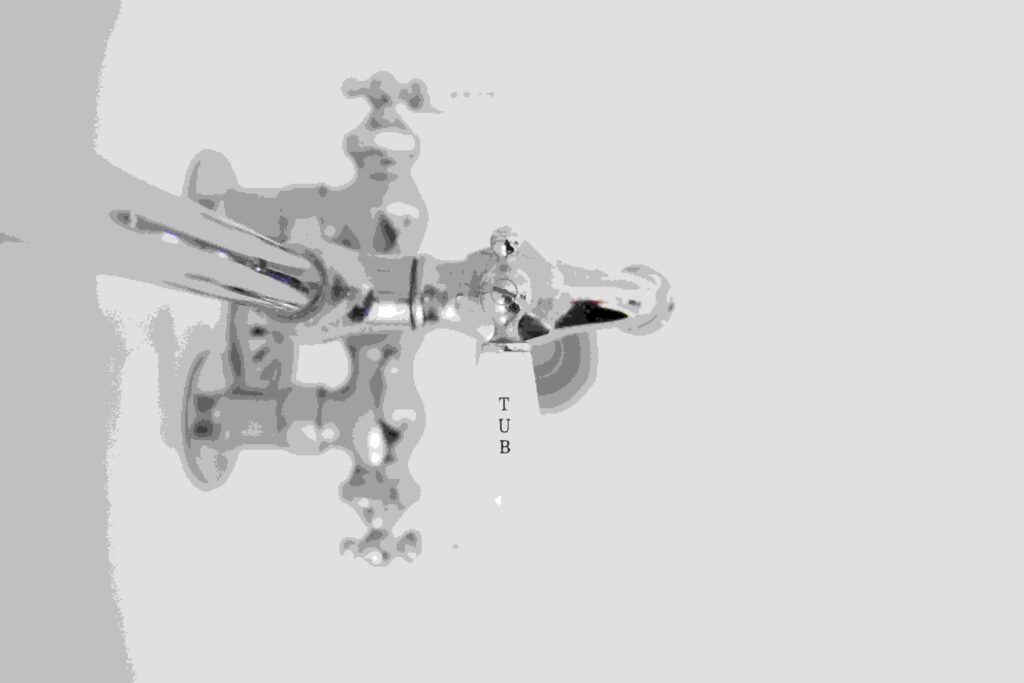
Water quality testing in Bristol is an essential practice that ensures the safety and well-being of its residents. By understanding the importance, methods, and benefits of water quality testing, we can appreciate the efforts made to maintain high standards. Regular testing, supported by technological advancements and regulatory compliance, plays a crucial role in protecting public health and preserving the environment. As we look to the future, continued innovation and public awareness will be key to addressing the challenges and ensuring clean, safe water for all.
Is Bristol’s Tap Water Safe to Drink?
With the information on the source, treatment, and testing procedures, it’s evident that Bristol takes the safety of its tap water seriously. The city’s tap water is, in general, safe for consumption by residents and visitors.
Factors to Consider regards to Tap Water
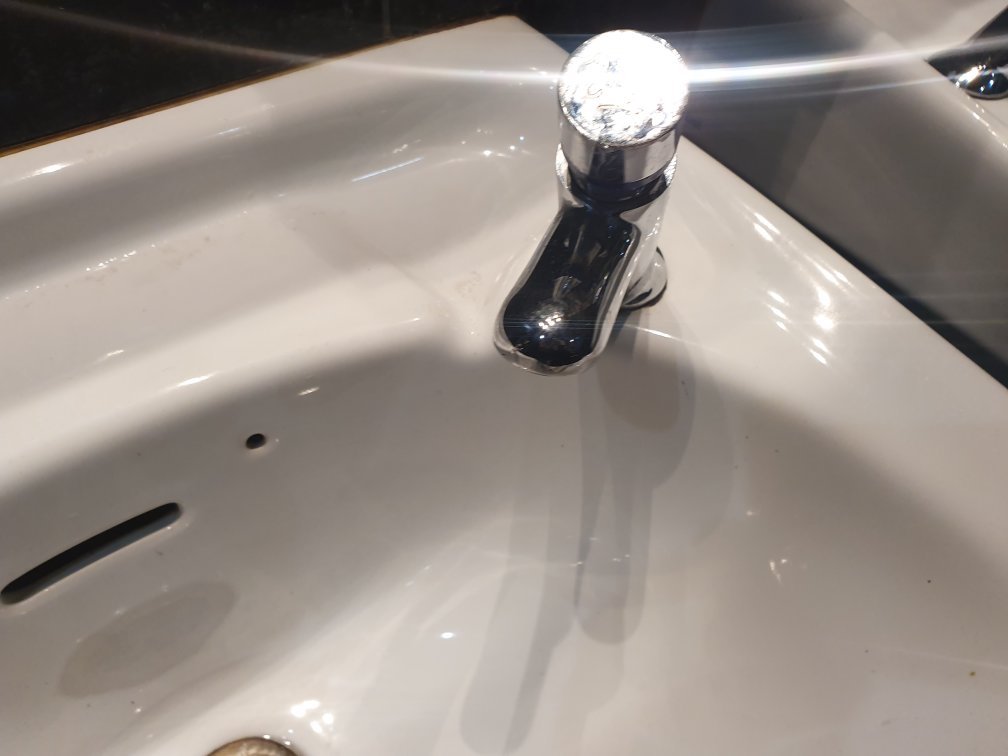
Aging Infrastructure
While Bristol’s water treatment facilities are modern, some older homes may have outdated plumbing systems that could impact water quality. Homeowners are encouraged to maintain their plumbing to ensure safe water delivery.
Personal Sensitivities
Individuals with specific sensitivities or allergies to chlorine or other water additives should consider using water filters designed to remove these elements.
In Bristol, tap water is typically safe to drink, thanks to the meticulous treatment processes and strict quality standards in place. Residents can confidently enjoy the convenience of tap water for daily hydration and cooking.
FAQs about drinkable tap water
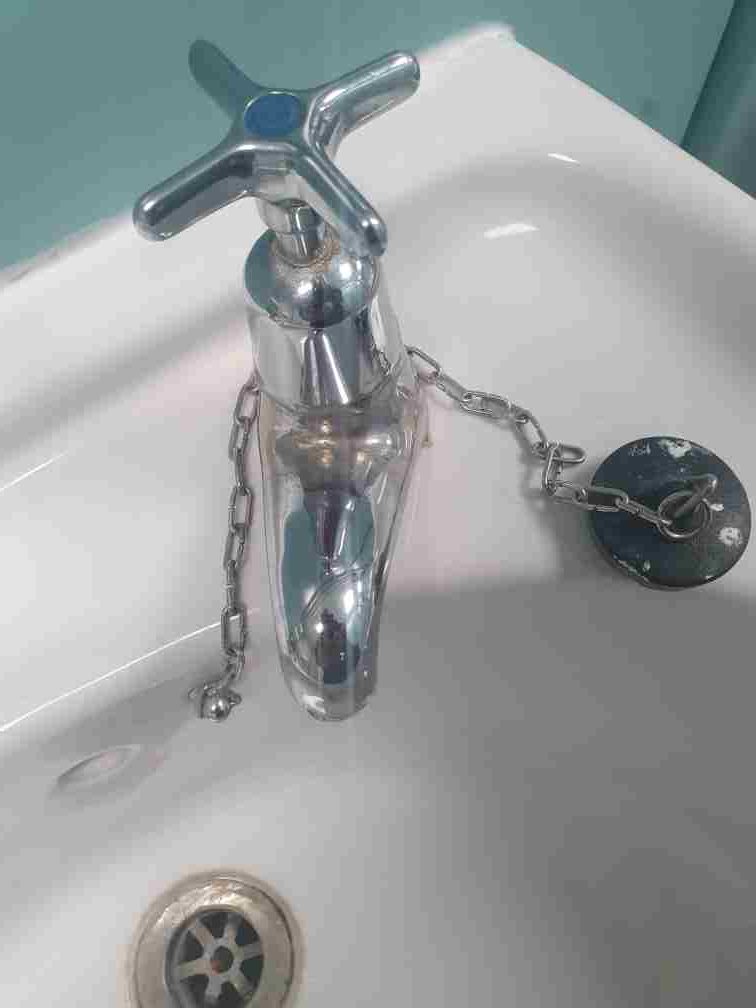
1. Is Bristol’s tap water regularly tested for safety?
Yes, Bristol’s tap water undergoes rigorous Plumber testing to ensure it meets or exceeds safety standards set by regulatory agencies.
2. Are there any common issues with Bristol’s tap water?
The most common issues are related to aging infrastructure in some homes, which can affect water quality. Regular maintenance can mitigate these concerns.
3. Can I use tap water for cooking in Bristol?
Yes, tap water in Bristol is safe for cooking and food preparation.
4. What should I do if I have concerns about the taste or odor of Bristol’s tap water?
If you have concerns, consider using a water filter designed to improve taste and remove any undesirable elements.
5. Is bottled water necessary in Bristol?
Bottled water is not necessary for most residents in Bristol, as tap water is considered safe for consumption. However, some individuals with specific preferences or sensitivities may choose to use bottled water.
